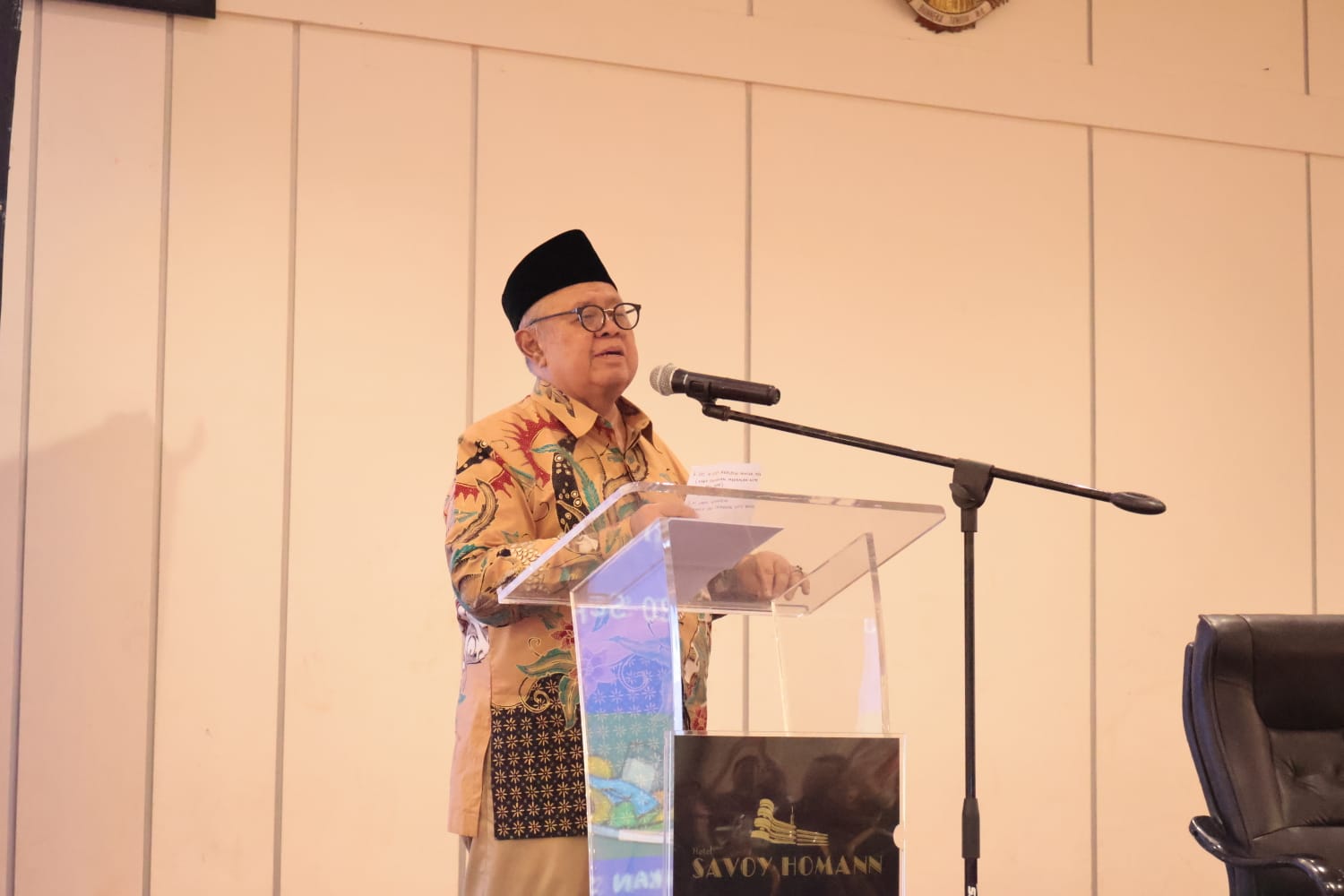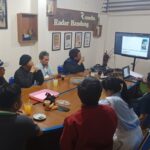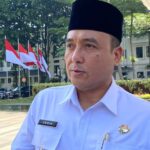A member of the Indonesian House of Representatives‘ Commission X has presented a revolutionary thought on shaping the character of Indonesian children through the socialization of the Seven Habits of Exceptional Indonesian Children Movement, enriched with the innovative idea of Beyond Habit. This is an integrative concept that goes beyond mere routine, instilling five main virtue values (Virtue Learning) as a strong moral and spiritual foundation.
This movement is an answer to the great challenge of honing the nation’s future generation to be not only disciplined, productive, and responsible, but also noble-spirited and of high integrity.
Referring to scientific foundations and spiritual treasures, the number seven was not chosen arbitrarily; it is a magic number in cognitive psychology representing the human brain’s capacity to manage information optimally, as well as a symbol of perfection and balance in the Islamic tradition, which repeatedly emphasizes the importance of physical, spiritual, and social balance.
It was emphasized that, „Habits without virtue are like a building without a foundation; beautiful but vulnerable to collapse.“ Therefore, Beyond Habit serves as an additional dimension that provides deeper meaning and spiritual strength in shaping the character of exceptional Indonesian children.
In an inspiring presentation, the seven habits were described as being like an orchestra of life and the gears of a mechanical clock, all integrated and driving each other so that the character formation mechanism functions with precision and harmony.
Starting from waking up early, which is strategic biologically and spiritually, to worship that strengthens inner peace and mental health, and exercising that fosters physical and mental resilience, all form a complete child citizen.
Furthermore, healthy eating habits and a love of learning become the main pillars to optimally support the child’s bodily and intellectual functions.
The habit of community involvement builds social skills and empathy, emulating the Prophet Muhammad SAW and national figures such as Soekarno and KH. Hasyim Asyari, who successfully built strong social solidarity. Finally, the habit of going to bed early ensures energy recovery and memory consolidation, which is essential for a child’s growth and development.
Further elevating the concept, the idea of Virtue Learning, developed within the pesantren (Islamic boarding school) education tradition, then becomes the moral and spiritual foundation that turns habits into more than just routines, but virtues ingrained in the soul.
The five main values of Virtue Learning, namely tawadhu (humility), sabar (patience), ukhuwah Islamiyah (Islamic brotherhood), tawakkal (reliance on God), and istiqamah (consistency in goodness), have enlivened and embodied every habit, presenting children who are not only intelligent, strong, and productive but also of noble character and ready to face global challenges based on noble values.
This combination of modern knowledge with traditional values creates a synergy for a complete and sustainable character education.
It is hoped that this Beyond Habit idea can become a strategic inspiration for educators, policymakers, and the wider community in developing holistic character education, full of depth and relevant to the times.
In a context full of dynamics and challenges of the modern era, the formation of a generation that is mature physically, mentally, intellectually, and spiritually is an absolute necessity. The Seven Habits of Exceptional Indonesian Children Movement, combined with Virtue Learning values, becomes the foremost foundation for realizing this great dream.
In closing, it was reminded that forming superior character is not a light task, but a shared mandate that requires commitment, innovation, and cooperation from the entire educational ecosystem. With great hope, Indonesia will give birth to superior individuals with high competitiveness, culture, noble character, and the ability to bring the nation to a higher and sustainable level of civilization.






